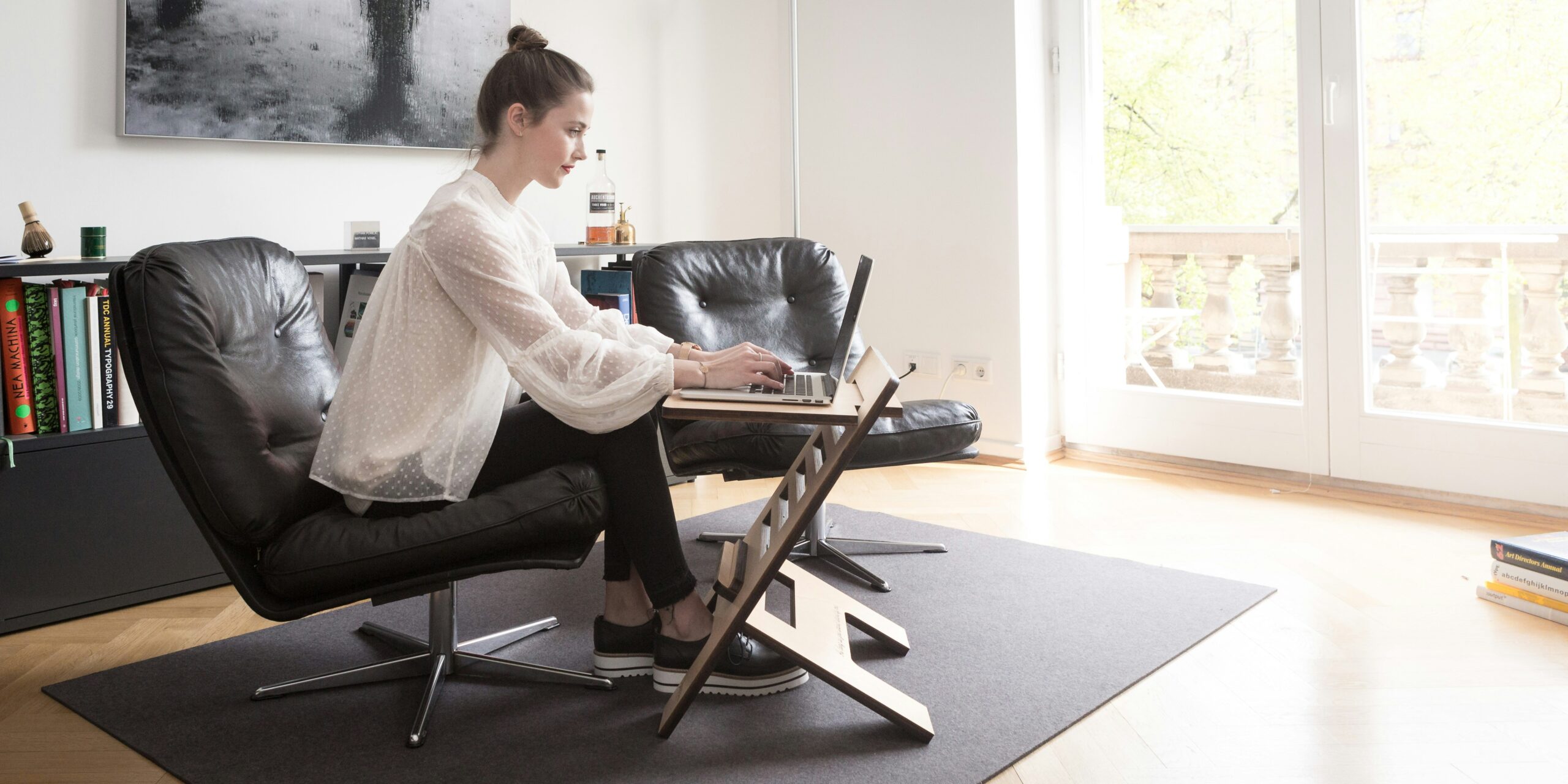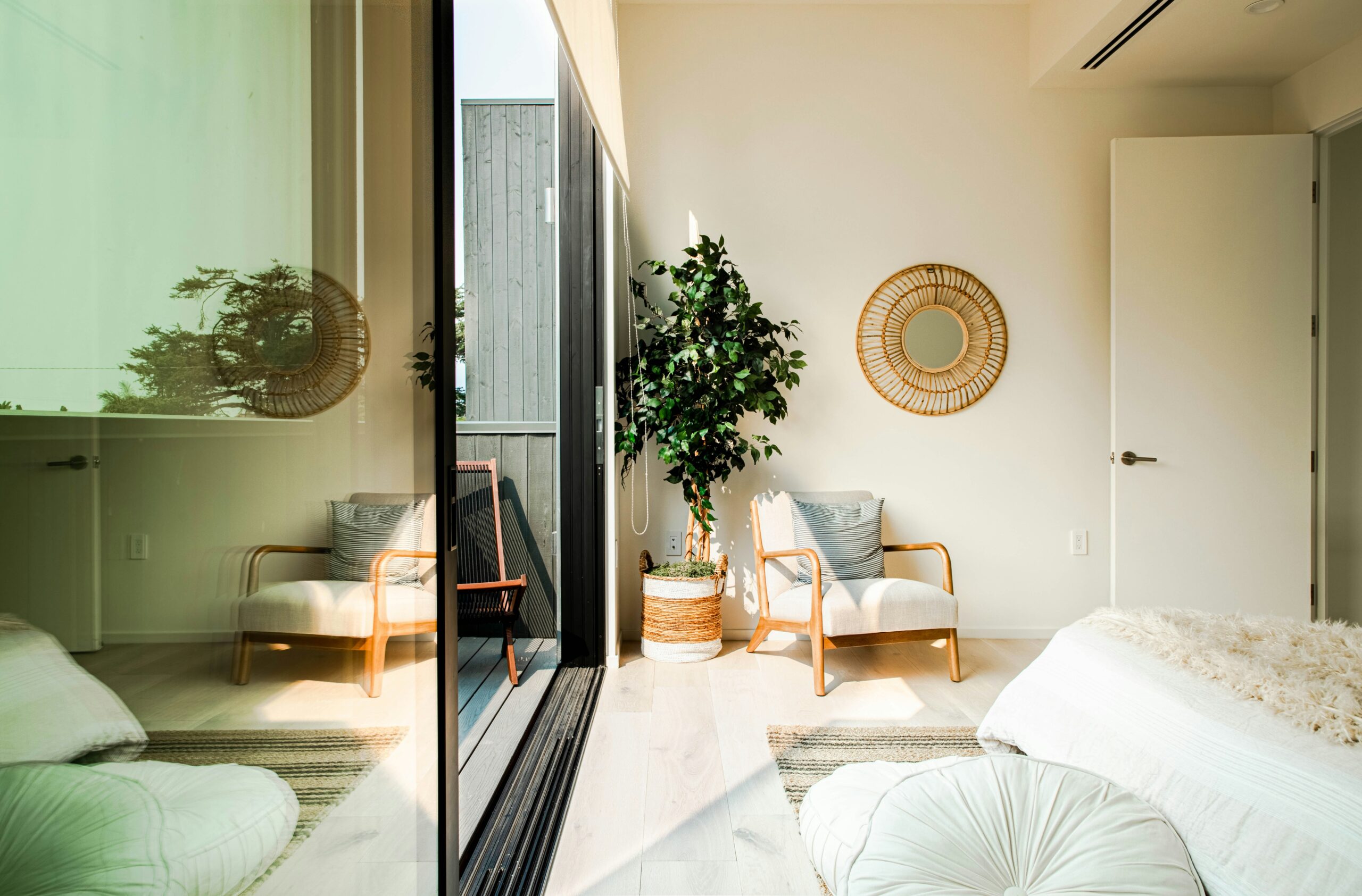Are you looking for a furnished rental in Germany? You’ll want to make sure you can get your apartment deposit (Kaution) back in full and on time. Understanding the rules and regulations can be difficult, but don’t worry – we’ve got you covered! This article will give you a comprehensive guide to security deposits for furnished apartments in Germany.
What is the apartment deposit?
The apartment deposit, also known as a security deposit for apartments or a rent deposit, is a payment that tenants make to the landlords before moving in. It’s a form of insurance landlords can request, protecting them in case renters fail to honor their rental agreements, such as not paying their rent or causing property damage. In Germany, the term Kaution (Mietkaution) is used, let’s look at the key questions to make sure you can easily proceed with Kaution.
What is the amount of the apartment deposit?
The amount of the security deposit for rental apartments is regulated by German law and cannot exceed three months’ rent (German Civil Code, Section 551/1). This refers to the net rent or your rent without your utilities and other expenses and typically refers to unfurnished apartments.
With Wunderflats, as with most furnished mid-term rentals, all-inclusive rents cover additional costs and a furnishing surcharge. The amount of the security deposit may be higher than for unfurnished apartments since it covers the possible costs of replacing or repairing damaged furniture and appliances. In this case, the deposit is typically between 1-2 months’ rent.
When do I need to pay the apartment deposit?
As a tenant, you will typically pay the security deposit for the apartment to the landlord before the start of the tenancy or by the time you’ve moved into the property.
How can I pay the apartment deposit?
The security deposit is normally paid in the form of a bank transfer or cash deposit.
However, there are cases where no money is transferred or given to the landlord. Instead, a guarantee can be provided by a person or an institution, they then overtake the financial responsibility for the tenant up to the amount of the deposit.
A security deposit insurance can also work, in this case, an insurance company pays the deposit. These are more common in the case of unlimited rental agreements, mid-term rentals often stay with cash deposits and bank transfers.
Can my deposit be used to pay the last month’s rent?
No, the last month’s rent cannot be deducted from the security deposit. The deposit is paid in addition to the monthly rent payments and as a tenant, you’re responsible for paying the rent for the entire duration of the rental. This is because the apartment deposit can be used to cover damages to the furnishings or the property after the tenant has moved out.
What’s the best way to manage deposits?
There are a few steps you can take to get back your apartment deposit easily and avoid any surprises:
-
- At Wunderflats, we advise tenants and landlords to discuss and agree on a deposit return timeline at the beginning of the rental period, this way you both know what to expect.
- It’s essential to have a detailed list of every item the landlord supplied in the furnished apartment. Each item on this list should have a description and, if at all possible, a photo. The inventory list should be signed and dated by the tenant and the landlord. This document will be crucial at the end of the rental period, and help you get your deposit back. We have a handy handover protocol to help you with this, see below.
It’s important to be aware that the deposit cannot be used to cover normal wear and tear. The landlord can’t deduct money from the apartment deposit for minor signs of use that are considered normal over time.
-
- Don’t forget, that it’s critical for the landlord and tenant to have a written agreement that specifies exactly how the security deposit will be returned. Make sure to read the fine print on this agreement so you know the timeline for the inspection, return of the deposit, and under what circumstances it can be withheld.
Fill in the handover protocol
Make sure you fill out an apartment handover protocol document with your landlord before moving into a furnished rental. This protocol lists all the items provided by the landlord, their condition, and any current damages made by previous tenants. To prevent any future disagreements about the condition of the furnishings, this document should be signed by the landlord and the tenant and kept on file.
You can use Wunderflats’ helpful apartment handover document for your apartment handover.

Make sure to get a deposit receipt
Remember that it’s essential to get a deposit receipt from the landlord as soon as the security deposit has been paid. The apartment deposit amount, the date it was paid, and the names and addresses of both the landlord and tenant should all be listed on the receipt. This receipt serves as proof of payment and can be helpful in case there’s any dispute later.
-
- Good to know: Landlords are required by German law to protect the security deposit in a secure account throughout the rental period. This ensures that the deposit is safeguarded and can be returned to the tenant when they move out.
Report any damages during the rental
As a tenant, it is your responsibility to report any damages or problems to the landlord right away. This covers losses brought on by unintentional events, like spills or breaks. Why should you do this? Because you can prevent misunderstandings and guarantee that the required repairs or replacements are carried out correctly.
Getting back the apartment deposit
When will I get my deposit back?
The security deposit must be returned by the landlord at the end of the rental period, minus any deductions for damages. When all claims have been settled, the landlord must pay the deposit to the tenant within a certain timeframe.
In Germany, landlords have a processing period to check all is in order, and must return the deposit or give a thorough list of all deductions within six months of the tenant’s move-out date. This period is typically between 3 and 6 months.
In some special situations, where the building’s operating costs are listed in the contract and these costs aren’t readily available, landlords may extend this period to a maximum of 12 months. In these cases, they must inform tenants about the reason for holding on to the deposit after 6 months.
What happens if the landlord doesn’t return my deposit after six months?
Landlords are generally not allowed to keep the deposit for more than six months because after that, their claims expire.
If there’s a disagreement about the return of the apartment deposit between the tenant and the landlord, it’s best to first attempt to resolve this through open communication. With Wunderflats, you can reach out to the Customer Service Team, we will be happy to support you in finding a good solution.
If you can’t reach an agreement, there are options for seeking legal assistance. In this case, we recommend that tenants give the landlord a minimum of two weeks’ notice before seeking legal counsel.
The landlord might have to give the tenant their entire deposit back if they don’t comply with this deadline. Repayment terms have no maximum, although these are typically settled within two years. This is another reason to read the fine print in the contract: the specifics there will determine the court’s rulings in the event of a dispute.
Conclusion
If you’re after a hassle-free rental experience in Germany, make sure to take the time to learn about the security deposit system. Knowing the ins and outs of the apartment deposit process can save both you and your landlord from headaches down the road. Here are our top tips again:
-
- Understand the deposit return timelines in Germany (typically 3-6 months after the tenancy ends)
- Fill in the apartment handover document
- Read the fine print in the rental contract
- Agree on a deposit timeline with the landlord
- Keep the deposit receipt
- Report any damages as soon as they occur
When renting in Germany, understanding the rules regarding security deposits is crucial. By being knowledgeable, doing a thorough apartment handover, and reporting damages as soon as they occur, tenants can increase their likelihood of receiving their entire security deposit at the end of their lease.
-
- You might also be interested in our guides on easily sorting out your Anmeldung (Registering your address) and How to Get Your Residence Permit in Germany.
-
- If you’re planning to move to Germany and you’re not sure which city will be best for you, or already have a place in mind, make sure to check out our guides to Berlin, Munich, Frankfurt, and Hamburg.
Mid-term rentals with Wunderflats
If you’re looking for a furnished apartment, you can get started with Wunderflats right away! It is the easiest mid-term rental solution for anyone wanting to live, work, or study in Germany.
Please note: This article does not constitute legal advice – the contents of this page have been prepared solely for your information. As we act as a platform, we can and may share our assessments, but we cannot provide you with a legally binding recommendation for your own further action.









